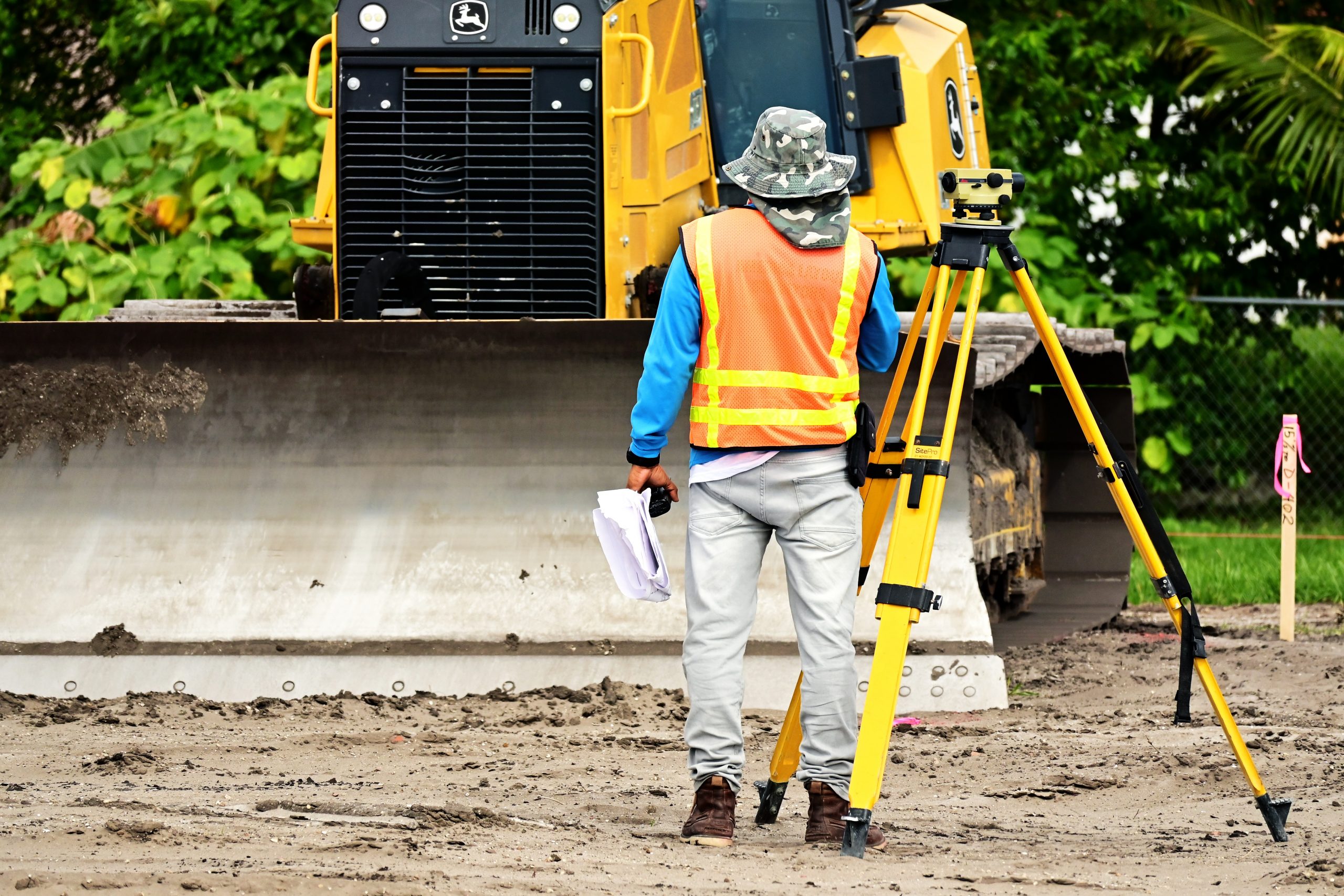What is Chartered Surveyor?
A Chartered Surveyor is RICS regulated professional who work in all fields of property and building consultancy. Chartered Surveyor provides property valuations for mortgage lenders and other matters such as probate, matrimonial, open market valuations and etc and most importantly continually advises you and your conveyancing solicitor on the best courses of action to take.
Becoming a Chartered Surveyor has many perks and in this article we have got you covered on how to become a professionally qualified one, what does Chartered Surveyor do and how to pick a good chartered surveyor for your property.
Royal Institution of Chartered Surveyors (RICS)
Royal Institution of Chartered Surveyor (RICS) is a global professional body which was founded in 1868 and represents over than 119,000 members and professionals in the land, property and construction sectors.
Professionals holding the RICS qualifications mean they have earned the highest international standards in the valuation of real estate, land development, construction and infrastructure.
The individuals holding the RICS qualifications use the designations as MRICS (Member), FRICS (Fellow) and AssocRICS( Associate) after their name. However the individuals holding the FRICS or MRICS designations are entitled to use ‘Chartered Surveyor’ as their professional title.
How to Become a Chartered Surveyor
To earn the chartered surveyors qualification there are many versatilities attached to it but most importantly you will need to become a RICS member. The first step in becoming the Chartered Surveyor is to take the RICS accredited courses.
To become a Chartered Surveyor you have to complete the complete a Royal Institution of Chartered Surveyors (RICS) accredited undergraduate degree which comprises of courses and go through on the job training for 2 to 3 years and pass the RICS Assessment of Competence (APC).
However, you can also become a top chartered surveyor without completing the RICS accredited undergraduate degree. In case you had a separate degree and didn’t take the RICS accredited courses you will need to take a postgraduate course in surveying.
Becoming a Member of RICS
Chartered Surveyor is a member of Royal Institution of Chartered Surveyors (RICS). But how do you become a RICS member? There are mainly three ways to become a member a RICS member but there are many perks of the student membership.
You become a member of RICS when you complete the RICS accredited undergraduate degree or a postgraduate degree. You can also become a member of the RICS by joining a firm as a trainee surveyor to get experience and take the APC structures training or by completing the APC final assessment.
By becoming the member of RICS you will get access to RICS’ network for trainee surveyors, students and assess career advice along with an extensive library of study materials and training. Completing the APC and by achieving the chartered status one becomes a globally recognized professional.
Career in Chartered Surveying
Chartered Surveyors are professionals involved in land and building valuations along with real estate and construction consultancy. The valuation professionals also handle the Real Estate Investment Trusts (REITs). But the career path in chartered Surveying is much versatile which are explained as below
Planning and Development Surveyor
The planning and development surveyor are practitioners and professionals typically in property development and house-builders, local authorities and government bodies.
They asses social and physical impact of the building environment and advise on the most useful use of land and property sources.
Environment Surveyor
The professionals in this career path measures the environment impact and the impact construction will have on the surrounding area.
Quantity Surveyor
The quantity surveyors ensure cost effectiveness and profitability of the construction project while maintaining the standards. They also act as project managers of a construction site.
The role of these professionals includes management of the commercial interfaces of construction which also includes writing, negotiating and documenting and estimating costs.
Rural Practice Surveyor
The rural practice surveyors provide the technical and professional consultative advice on unlocking the value of the assets to potential stake holders of the rural lands. They are also the planning and consultancy expertise.
Commercial and Residential Property Surveyor
The commercial and residential property surveyors work for private and commercial clients. These professionals deal with all aspects of residential and commercial property and their principal activities are related to the management, purchase, and sale or leasing.
Land Valuation
The chartered land surveyors are qualified professionals who perform the valuation survey.
The principal activities of the qualified surveyors include residential valuation report, rental valuation, scheduling dilapidations and performing retail/shop surveys and structural surveys and so on.
Choosing a Good Chartered Surveyor
A Chartered Surveyor should be RICS accredited and picking a good chartered surveyor is the most important thing to do for the future of your property.
Consider going with the recommendations for the good surveyor, a professional who specialize in quick turnaround and most importantly choose the RICS regulated surveyors in your local area.







